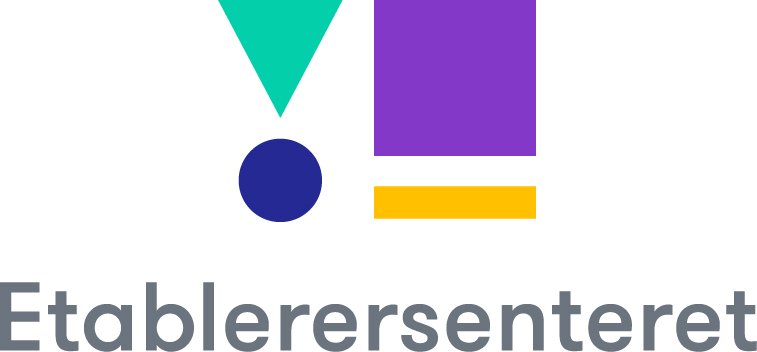Accounting
What do I need to know about taxes and economy?
Accounting
Accounts form is the basis for most statutory statements which you must submit to the Norwegian public authorities. It is therefore important to have a good routine right from the start. Up-to-date accounts are also one of your most important management tools.
We advise that you keep your business and personal finances separate. Open a dedicated bank account for your business. Pay all your business expenses from your business account.
A small sole proprietorship might be exempt from accounting obligations under certain circumstances. Such as a company with annual income of less than NOK 50,000 and is not registered in the VAT Register. Even if this is your case, you must still document all your income and expenses and retain this documentation in accordance with the applicable bookkeeping rules.
Income Statement 1 and 2
Income Statement 1 must be submitted as an electronic attachment to tax returns by all self-employed persons or sole proprietorships that are engaged in business activity without being obliged to submit annual accounts pursuant to the Accounting Act, but are subject to a bookkeeping duty pursuant to the Bookkeeping Act.
If your business had no activity in the previous income year, you must still submit a blank Income Statement 1.
Exemption: Self-employed persons (sole proprietorships) with gross sales incomes of less than NOK 50,000 per year are not required to submit an income statement.
Any enterprise that is obliged by law to submit annual accounts under the Accounting Act, such as a limited liability company, must submit Income Statement 2 instead of Income Statement 1.
You can read more about Income Statements on the Tax Administration website.
Tax returns
All businesses are required to submit a tax report/tax return.
The tax return and all forms/attachments must be submitted electronically by the date stipulated by the Tax Administration, regardless of the form of the company.
You will find more information on taxation on the Tax Administration website.
Accounts and vouchers
You must keep all your accounts and vouchers for 5 years.
Your vouchers form the basis and provide documentation for your accounts. It's important that you retain all vouchers so that all transactions are posted and documented. Work out a system (with your accountant if you have one) on how best to sort and store your vouchers.
The Bookkeeping Act
All cash sales must be registered in a cash register or an equivalent system.
From Jan 1, 2019 all cash register systems must meet the requirements laid down in the Norwegian Cash Register Systems Act and the Regulations pursuant to this Act.
You can find the list of approved systems on the Skatteetaten site.
The Norwegian Tax Administration no longer requires paper receipts. However, your customers could ask for this, so have a system to provide paper receipts if necessary.
Documenting work done
If you are only dealing in services based on hours worked, you must have a system where it is possible to document the number of hours worked and invoice this accordingly.
You must also have a system to document all appointments. You can find more information on the Bookkeeping Act.
Invoicing
Send your invoices as soon as possible and have a system to keep track of invoices. All invoices must have the following:
Name and address of the buyer and seller
The seller's organisation number and the letters MVA
Invoice number, date and year
Due date
State the nature and scope of the product/service
Amount, with VAT specified – rate/amount
Bank account number

